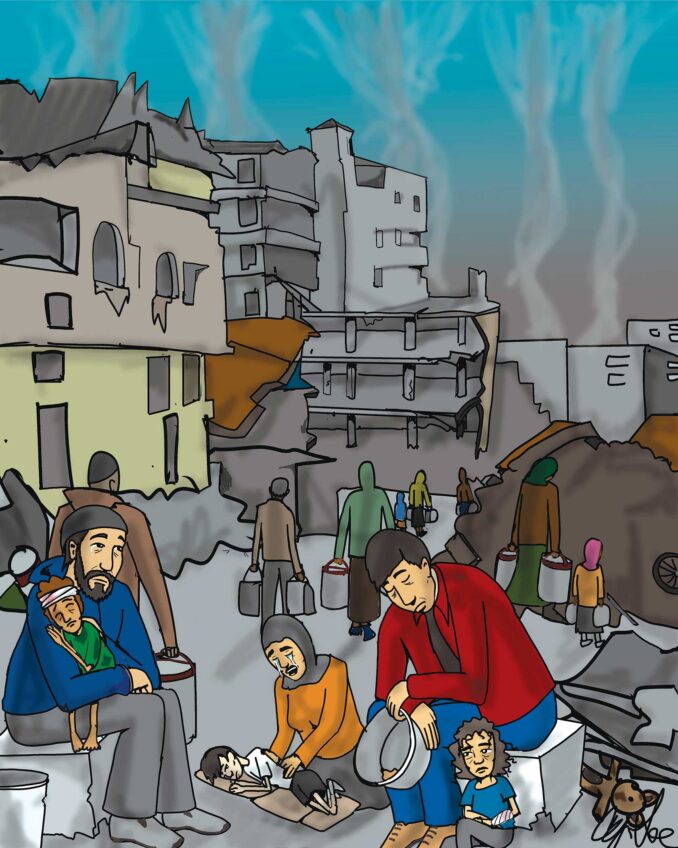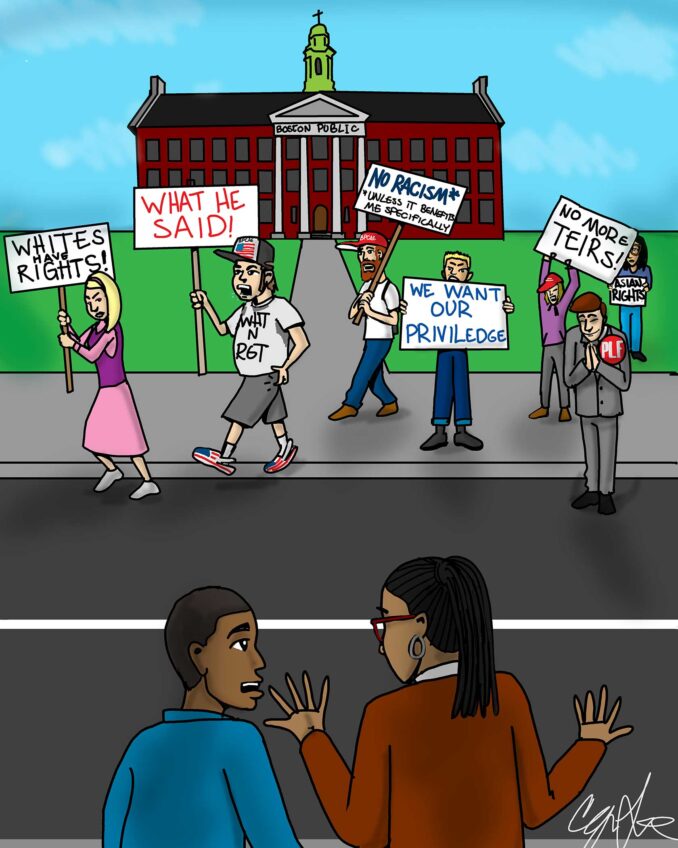Across the country, there is an effort underway to strip women of the right to make their own health care decisions. We in Massachusetts have an opportunity to stand up for the rights of all women, particularly young women, by passing the ROE Act.
The ROE Act would relieve unnecessary burdens for those who want to access safe, legal abortion in the state where they live. For young women who are unable to talk to their parents, the current law requires they request a judge’s permission to have an abortion. We believe that women, together with their health care providers, should make decisions about their pregnancies – not lawyers, judges, or politicians.
The unfortunate reality is that there are young people for whom it is not safe or not possible to include a parent in a pregnancy decision. Our team recently cared for a 16-year-old in this situation. She had suffered abuse and neglect and was removed from her parent’s custody at the age of 12. After bouncing from foster home to foster home, she was eventually placed in a group home with other adolescents, where she began to thrive with a stable living environment and caregivers. She started going to school regularly, getting mental health treatment, and coming to see us for primary care. At one of her primary care visits, she was diagnosed with a new pregnancy. She was distraught and shared the news with her group home worker, who hugged her as she cried. We, her primary care medical team – a doctor, a family planner, and a social worker – discussed her pregnancy options with her and provided support over several subsequent visits as she made the difficult decision to end her pregnancy. But instead of being able to make a straightforward referral to the ob-gyn who would ultimately care for her, we had to tell this teen that she would need to obtain a lawyer, go before a judge, miss school, endure added stress, and delay her abortion. It was unnecessary; she had all the support she needed without this onerous process. Rather than the adults who knew her well, including health care professionals, a stranger without health care expertise was ultimately tasked with determining the teen’s ability to consent to an abortion. This process doesn’t make sense.
As adolescent health experts, we routinely encourage involvement of trusted adults in adolescents’ health care decisions, including reproductive health decisions. It is no surprise that the majority of minor adolescents seeking abortion in Massachusetts choose to involve a parent. Adolescents, when they are able to, want parents to help them make major health care decisions like the decision to end a pregnancy. Our role as medical providers is to facilitate difficult conversations between adolescents and trusted adults, not to keep secrets or to hide information. When possible, providers who care for adolescents bring adolescents and adults closer together.
And yet, parents and adolescents often have complicated relationships and may struggle to communicate about sensitive topics. That is why Massachusetts and many other states protect the right of people under 18 to make their own decisions about birth control, testing and treatment for sexually transmitted diseases, engagement in prenatal care, engagement in mental health treatment, and treatment for substance use disorders. Furthermore, Massachusetts recognizes the mature minor rule, which minors can consent to medical treatment if a health care provider believes that they can give informed consent and if it is not in the minor’s interest to involve a parent, unless the care they seek is abortion. In all these situations, adolescent health experts both encourage adolescents have difficult conversations with adults in their lives and also affirm confidentiality when involving parents is not safe or possible. Why should decisions about abortion be any different?
The current law further penalizes adolescents who already face barriers to care, information, and resources. Adolescents of color, LGBTQ adolescents, adolescents from low-income backgrounds, and adolescents in the custody of the Department of Children and Families are overrepresented among adolescents who request permission from a judge to have an abortion. These adolescents, by virtue of their socioeconomic status, jump through more hoops and wait longer for their abortions than their white, affluent, straight peers.
We believe, as adolescent health care professionals, that minors are able to make decisions about their reproductive health, including the decision to have an abortion. Decisions about whether a pregnant minor is mature enough to decide to end their pregnancy should not be in the hands of a judge, who lacks a relationship with the person seeking abortion. It is our role as health care professionals to help adolescents make health care decisions. Even if a teen is unable to involve a parent in a decision to have an abortion, they are never making the decision alone. We urge the Massachusetts legislature to pass the ROE Act to build safeguards for young people and strengthen the patient-provider relationship.
Julia Potter, MD, Associate Medical Director of Ambulatory Pediatrics, Adolescent Medicine, Boston Medical Center
Melanie Fossinger, NP, Adolescent Medicine, Boston Medical Center
Teakia Brown, Health Educator
Melissa Nass, MD, MPH, Ambulatory Pediatrics and Adolescent Medicine, Boston Medical Center






